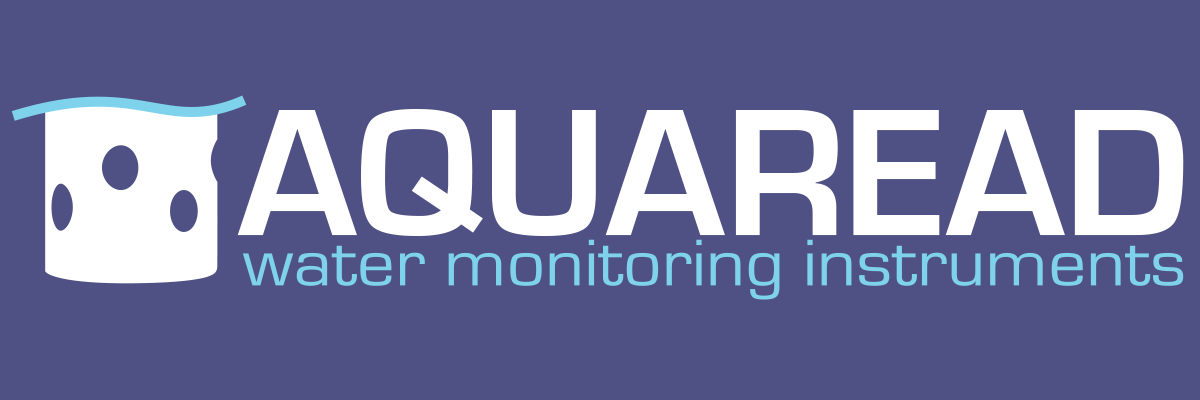After ten years, ten months and four days of its initial launch, the Rosetta spacecraft has performed its first soft landing on a comet. The Rosetta spacecraft is a robotic space probe, built and launched by the European Space Agency back in 2004. The spacecraft detected water coming off comet 67P (also referred to as Churyumov–Gerasimenko).
Researchers were not surprised by the presence of water. What did surprise them however, is the makeup of the water, which is nothing like you’d see on Earth. Measurements taken from Rosetta’s Rosina instrument found that the water on comet 67P holds approximately three times more deuterium than that on Earth. Deuterium is a heavy form of hydrogen.
This discovery contradicts the theory of how Earth got its water, and so its ability to harbour life. The theory claimed water bearing comets slammed into Earth during its early history.
Researchers believe comet 67 is from the Kuiper belt. The Kuiper belt is a broad band of frozen bodies, beginning beyond the orbit of Neptune. The main asteroid belt contains more rocky objects than those that circle the sun between the orbits of Mars and Jupiter.

Kathrin Altwegg from the University of Bern believes that rather than comets ferrying water to Earth, it could have arrived onboard asteroids instead. Kathrin says it is “today asteroids have very limited water, that’s clear. But that was probably not always the case. In the earliest period of the solar system, 3.8 billion years ago, asteroids are thought to have crashed into Earth regularly in what is called the late heavy bombardment. At that time, asteroid could well have had much more water than they have today.” What do youthink of this theory?
If the Philae lander placed by the spacecraft ran out of battery power soon after it bounced down onto the comet’s surface. The European Space Agency are still looking for it. If it can summon enough power from the sunlight to come out of hibernation, an instrument called Ptolemy could help verify whether the water measurements from Rosetta are accurate.
If you’re interested in how researchers test water quality, have a look at our water monitoring equipment. What do you think of this discovery? Let us know in the comment section below.
